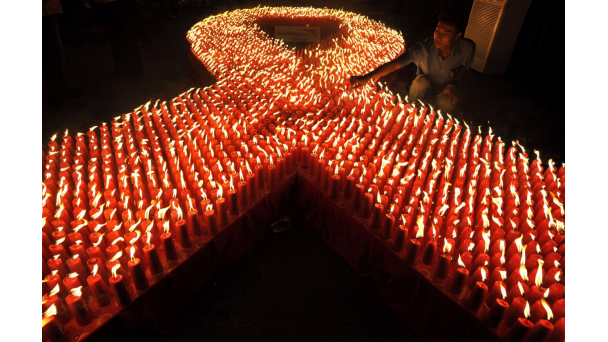Dr Remi Obinatu, chairman of the governing council of Civil Society for HIV/AIDS in Nigeria (CiSHAN) told a press briefing in Abuja on Thursday that the Nigeria government and its agencies, including NACA and NASCAF, “seem to be doing nothing to prevent this second surge in deaths due to AIDS that may happen.”
“Even if they are, then it is with a speed and rate that even a snail would be ashamed to claim,” Obinatu said. The accusation came amidst concern that thousands of people previously on antiretroviral therapy have withdrawn from treatment after international donors withdrew active support to treatment centres.
More than 86% of people on treatment are enrolled at sites supported by the US government through its Presidential Emergency Programme for AIDS Relief (PEPFAR) which formerly supported baseline and routine chemistry tests mandatory for people living with AIDS to get on treatment.
PEPFAR agreement with Nigeria since 2010 stipulates Nigerian government will take over the entire programme after five years, but CiSHAN said treatment sites have in response to withdrawals transferred huge user fees onto patients.
“The result is many of the people living with HIV in the country have started to default from adherence to their drugs by missing their routine appointments,” said Obinatu. “This will definitely reverse the achievements of the national response in no distant time, and we will begin to once more deal with high numbers of preventable AIDS-related deaths in Nigeria.”
The Network of People Living With HIV/AIDS (NEPWHAN) has listed major treatment sites like National Hospital, University College Hospital, Ibadan, Nigerian Institute for Medical Research, and University of Abuja
Teaching Hospital among sites that have already “shifted the burden of donor fatigue and lack of government support” to patients.
NEPWHAN coordinator Victor Omosehin said the association members are charged as much as N1,000 per month to pick up their drugs, a monthly N1,000 for bleeding and N3,000 for consultations.
“Our lives are hanging. It is a bad situation and will worsen the situation of HIV. Nigeria cannot end AIDS by 2030 if poor Nigerians with HIV don’t have access to free services in the country,” said Omosehin.




